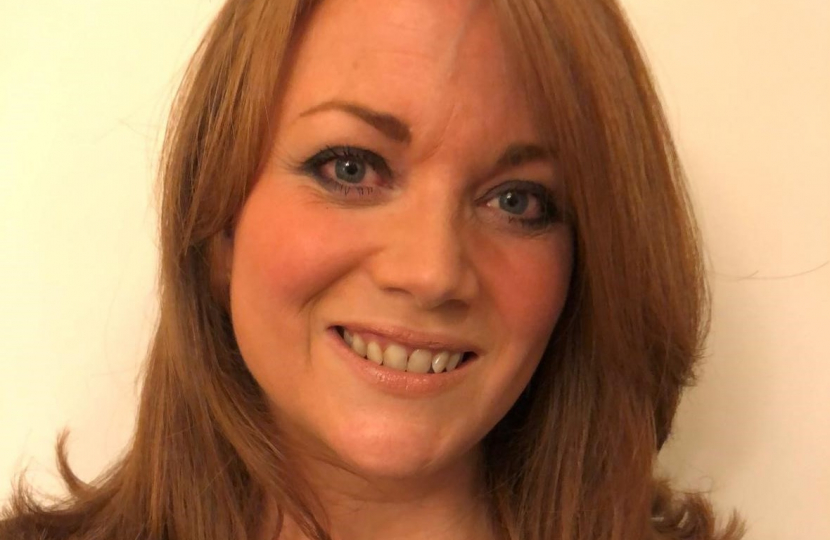
Kate writes a bi-weekly column for the Burton Mail. This column was originally featured in the 10th February print edition.
The hit TV show The Apprentice has recently returned to our screens with Lord Sugar on the hunt for a new business partner. However, the big apprentice story this week is that it is National Apprenticeship Week (7th – 13th February). This is a week-long celebration of the life-changing opportunities apprenticeships give, allowing you to earn as you learn as well as gain a nationally-recognised qualification.
In recent years the Government has turbocharged the apprenticeship programme and take up is going from strength to strength with thousands of opportunities now on offer from a range of sectors and different entry levels. In addition to this, recent data released by the Department for Education highlight that 91% of apprentices go on to secure employment or go on to further study after completing their training.
Stella McCartney, Sir Ian McKellen, Jamie Oliver, and Henry Ford all began their respective careers as apprentices. However, a common misnomer is that apprenticeships are only for school leavers but that isn’t the case. Anyone over the age of 16 can start an apprenticeship so if you are looking for a career change or returning to the workplace after a period of time out an apprenticeship could be for you.
For more information on apprenticeships, please visit www.apprenticeships.gov.uk.
On Friday this week, it is also International Day of Women & Girls in Science. For too long, women have been underrepresented in the important fields of science, technology, engineering and mathematics (STEM). A reason for this is that take-up of these subjects at school, college, university, but also through apprenticeships too, has been low amongst women and girls for some time.
The Government has been encouraging take up with efforts like the STEM Ambassador programme which invites leading women in the STEM fields to visits schools, colleges and youth and community groups to inspire the next generation. These efforts are now beginning to show signs of rewards with girls in 2020 making up just over half of science A level entries (in biology, chemistry and physics).
Like every aspect of life, STEM sectors are enhanced with a greater degree of gender representation, and we all have a role to play to encourage more women and girls into STEM study. Whether that be parents, teachers or community leaders – including Members of Parliament like myself.
More information on the STEM Ambassador programme can be found by visiting: https://www.stem.org.uk/stem-ambassadors.